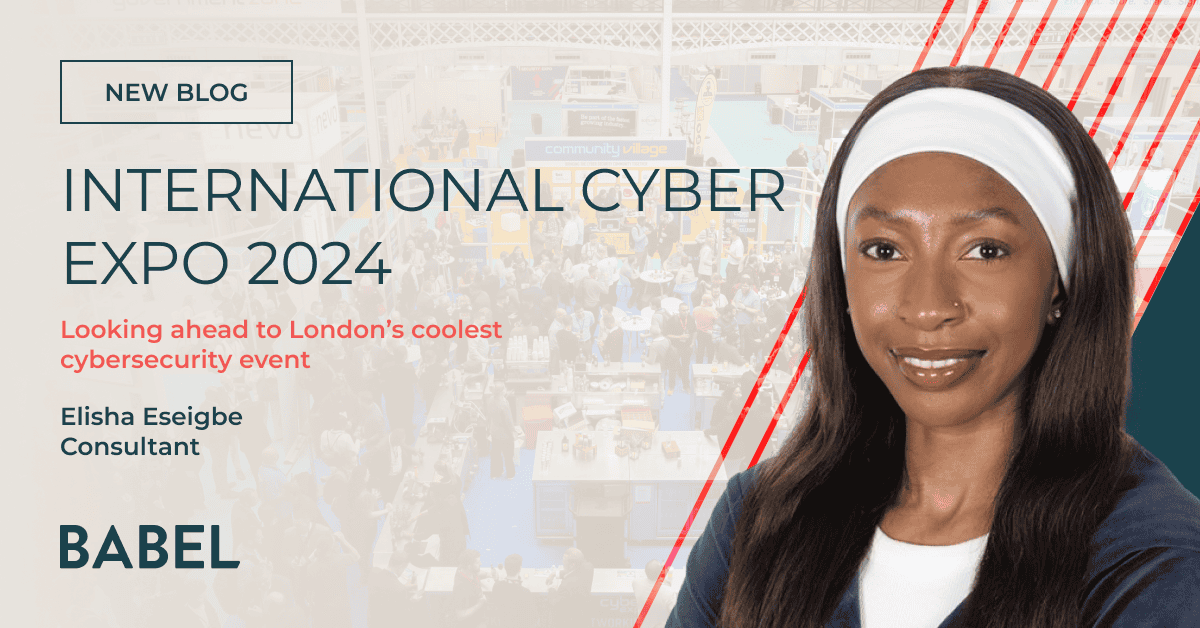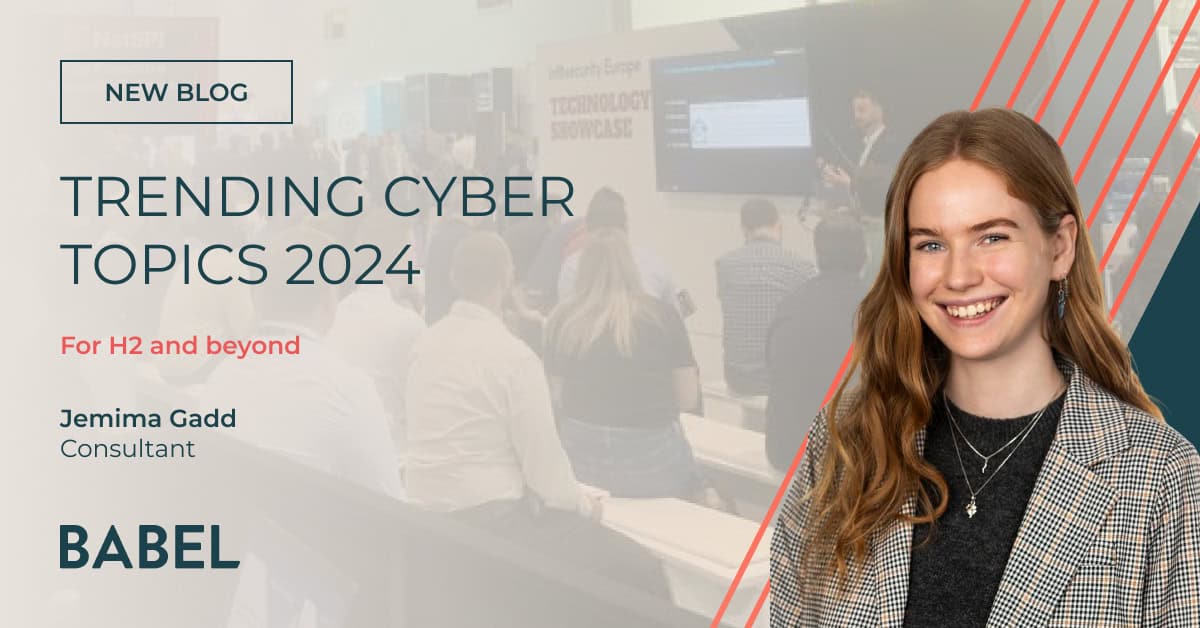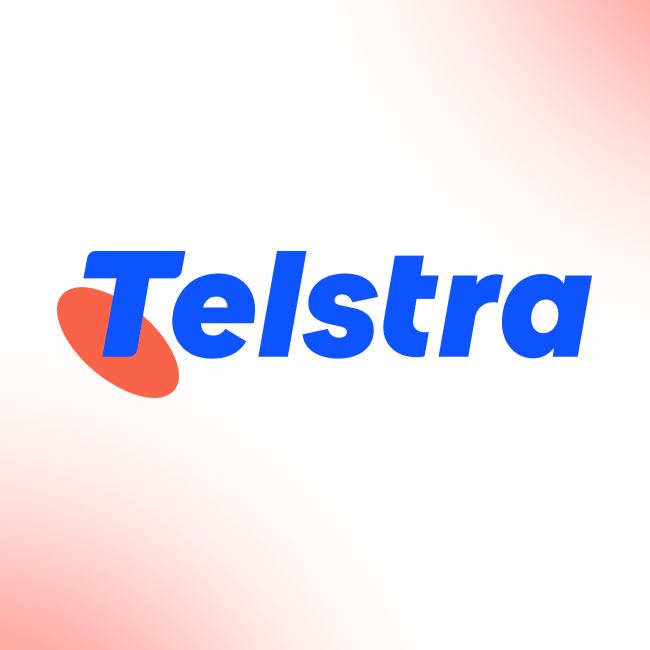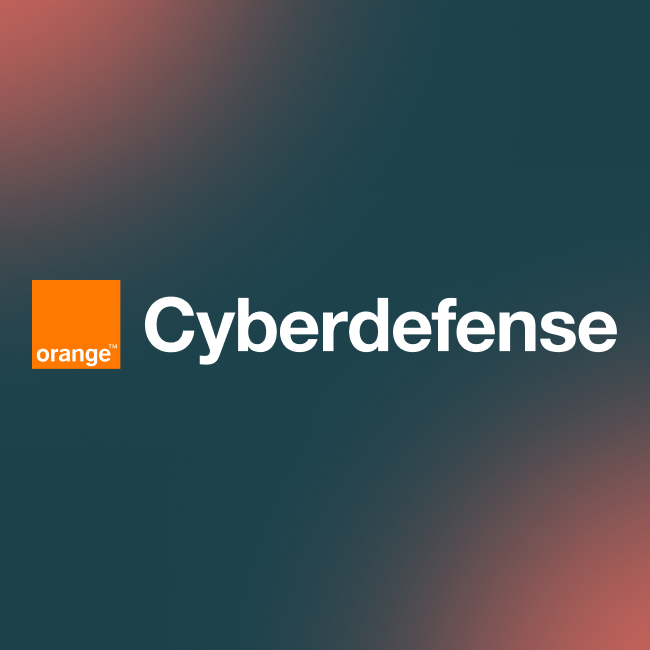Why the hybrid model of media relations is here to stay
London was blessed with glorious sunshine last month for the return of one of the biggest events in the cybersecurity world: InfoSec Europe.
While a national rail strike meant that the Tuesday and Thursday of the three-day conference impacted footfall at the Excel in East London (now serviced by the gleaming new Elizabeth Line), I - along with many others - opted to travel on the Wednesday.
The first in person InfoSec since 2019 was packed with exhibitors and visitors, and it was great to bump into so many familiar faces. The overriding view of those I spoke to was that it was a welcome return to in-person events which, in my opinion, provide a much superior experience to the virtual conferences we have seen over the past two years.
From an exhibitor perspective, while the primary aim is to 'network' and generate new leads, they have traditionally been a great opportunity to meet with journalists. The Babel team secured a number of briefings for spokespeople from some of our cybersecurity clients during InfoSec. There was also the opportunity to get in front of the camera. Charl van der Walt, head of security research at client Orange Cyberdefense, spoke with the InfoSecurity roving reporter about his thoughts on the event and the value of community within the industry.
From the vendors I spoke with at the event, InfoSec Europe 2022 was a big hit, and plans are already starting for next year as well as a number of other trade events across the globe. So, as we hopefully return to more in-person events, how can tech firms use these as an opportunity to secure immediate press coverage as well as develop long-standing relationships with key target journalists?
- Be first and fast: journalists who take the time to attend industry events will be in demand, their diaries soon filling with briefings and interviews, as well as saving time to listen to talks from vendors and influencers. At Babel we get in touch with journalists well before the event - both media representatives on the official press list and those who may be interested in attending but have yet to register.
- Be original: you need to give journalists a compelling reason to speak with you. The opportunity of a 'quick chat' with one of your spokespeople is unlikely to attract their attention. We work with our clients to craft messaging and narratives which align with the latest tech trends and hot topics. The synopses that we use to secure journalist briefings position our client spokespeople as experts, offering a unique view on the issues of most interest to their target audiences.
- Be prepared: even once the briefing is secured, don't think you can relax. It is vital that spokespeople are given everything they need to ensure that the experience is a success. At Babel we provide a full written and verbal briefing to spokespeople before time, outlining details of the journalist, their areas of expertise and any recent relevant coverage. We also take the time to think about key messages that (ideally) need to be communicated, plus any curve-balls that the journalist may throw into the conversation such as particular negative stories which the company may previously have been associated with. While this prep is provided before every briefing, at Babel we also provide our own media training courses, arming spokespeople with the tools they need to ease any concerns they may have before speaking with a journalist.
Engaging media away from the crowds
Yet while it was refreshing to chat with a number of journalists in person, the number of media representatives at the show was down on previous years. Some journalists are clearly still reluctant to attend large scale events of this type, while others opted to travel to the Excel but held briefings outside the venue. There are also a huge number of influential freelance journalists who struggle to see the value of spending time (and money) travelling to major events, preferring to continue their briefings virtually from home.
So how do you engage journalists that prefer to stay away from the crowds? Even before the start of the pandemic, Babel has been arranging 'virtual' media roundtable events. These have proved to be a great way of raising brand awareness and communicating key messages. The cost-effective method enables your brand to lead a panel of experts discussing a subject of your choice, and if executed well, results in favourable press coverage and even new business leads.
The process is just the same as a physical roundtable - a number of spokespeople are gathered on the line (Zoom/MS teams etc) ready to talk about a particular topic. The tactic is very attractive from the journalist's perspective - instead of arranging several interviews with a range of companies, they have access to numerous spokespeople offering comment on a relevant issue.
We recently arranged a roundtable discussion for our client Enveil, a pioneer of homomorphic encryption. The Babel team secure an expert panel to discuss the topic of 'data monetisation', which has become an integral part of the strategy of high performing companies, helping them to spur the creation of entirely new products and business lines. More than double the target media from the UK and US attended the event, including the FT, FinTech Times and FinTech Futures. Although not intended to be news driving, the round table secured immediate coverage, but importantly has also secured ongoing coverage on the themes of data monetisation. Enveil has secured its position as the leading voice in the space.
It has always been the case that a 'one size fits all' approach to media relations won't get you results. In the same way that we adapt our pitching strategies depending on the preferences of specific publications and individual journalists, that flexibility must also be present with media engagement. Some journalists like to get out of their office/home as much as possible, relishing the chance to meet with experts in person. Others prefer to stay close to their keyboard, finding it a more productive use of their time.
At Babel we have the experience of catering to both. For more details on how we can help your company reach your target audience via the media, get in touch.


.jpg)

.jpg)






